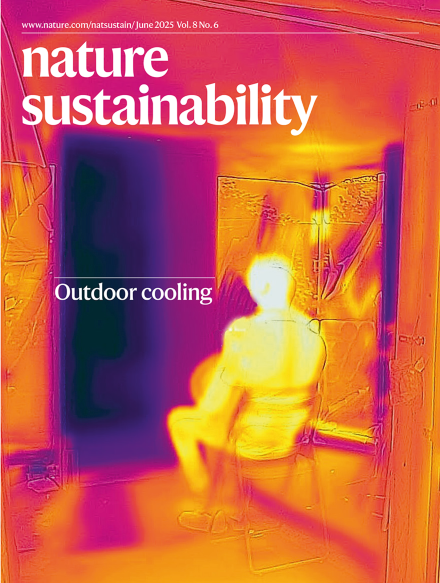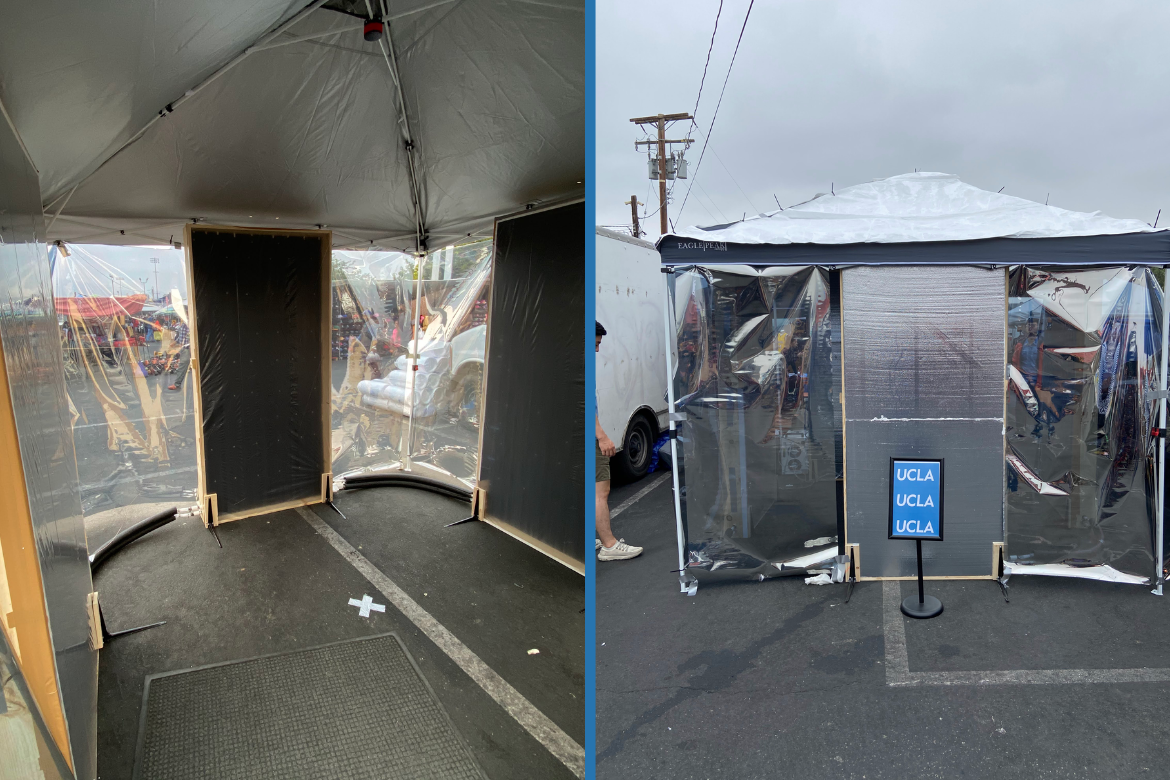Vote16USA National Convening Unites Youth Organizers, Advocates at UCLA Luskin Youth from across the country gathered at UCLA to strategize, mobilize, and build momentum for the national movement to lower the voting age to 16.
Vote16USA—a leading national organization working to extend voting rights to 16- and 17-year-olds—hosted its largest-ever National Convening in partnership with the UCLA Luskin School of Public Affairs on August 5-6. The two-day event brought together youth organizers, educators, policymakers, researchers and community leaders from across the nation to reflect, strategize and mobilize around the movement to lower the voting age in local, state and federal elections.
The convening focused on strategic collaboration, hands-on workshops, and discussions about youth civic engagement and the future of American democracy. Panels featured youth organizers from Albany, San Francisco, and Oakland who shared insights into their successful local campaigns. Linh Le, an Oakland youth organizer, recounted the journey of Measure QQ—a 2020 ballot initiative that successfully lowered the voting age for Oakland school board elections to 16.
“This convening is really about bringing together all our youth organizers to reflect, learn best practices, and develop strategies for a strong 2026 campaign,” said LaJuan Allen, Executive Director of Vote16USA. “We’re laying the groundwork for ballot questions up and down the state of California and beyond. Young people want to be engaged. When you think about climate justice reform, common sense gun legislation, education policy, it is the young people at the forefront of these movements.”
Throughout the convening, small group sessions and breakout workshops offered participants practical tools for grassroots organizing, media engagement, and public policy advocacy. From mastering persuasive op-ed writing to crafting effective digital mobilization strategies, attendees honed their skills to strengthen local campaigns. Roundtable discussions fostered regional collaboration and action planning, ensuring that momentum from the convening would translate into real progress.
“The movement to lower the voting age is building across the U.S. and internationally, and this convening is happening at a pivotal moment, when more teenagers across the US and elsewhere are gaining rights to vote,” said Laura Wray-Lake, Professor of Social Welfare at UCLA Luskin. “The Vote16USA national convening will offer inspiration and tangible next steps for how to strengthen democracy by bringing more young people into the process.”
“The Vote16USA National Convening is a powerful testament to the innovation and resilience that youth bring to our democracy,” said Allen. “We are deeply grateful to the UCLA Luskin School of Public Affairs for hosting us and creating space for this movement to grow.”


